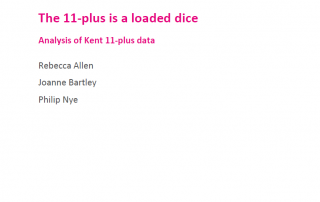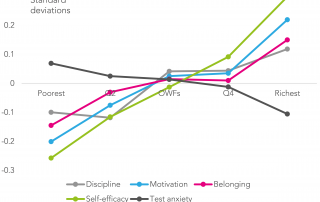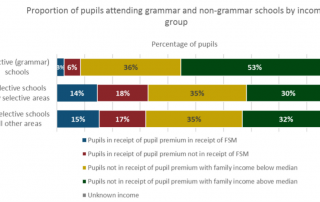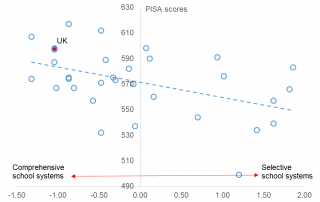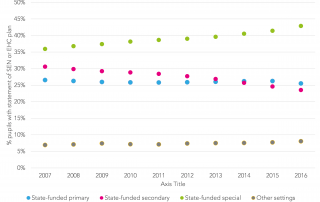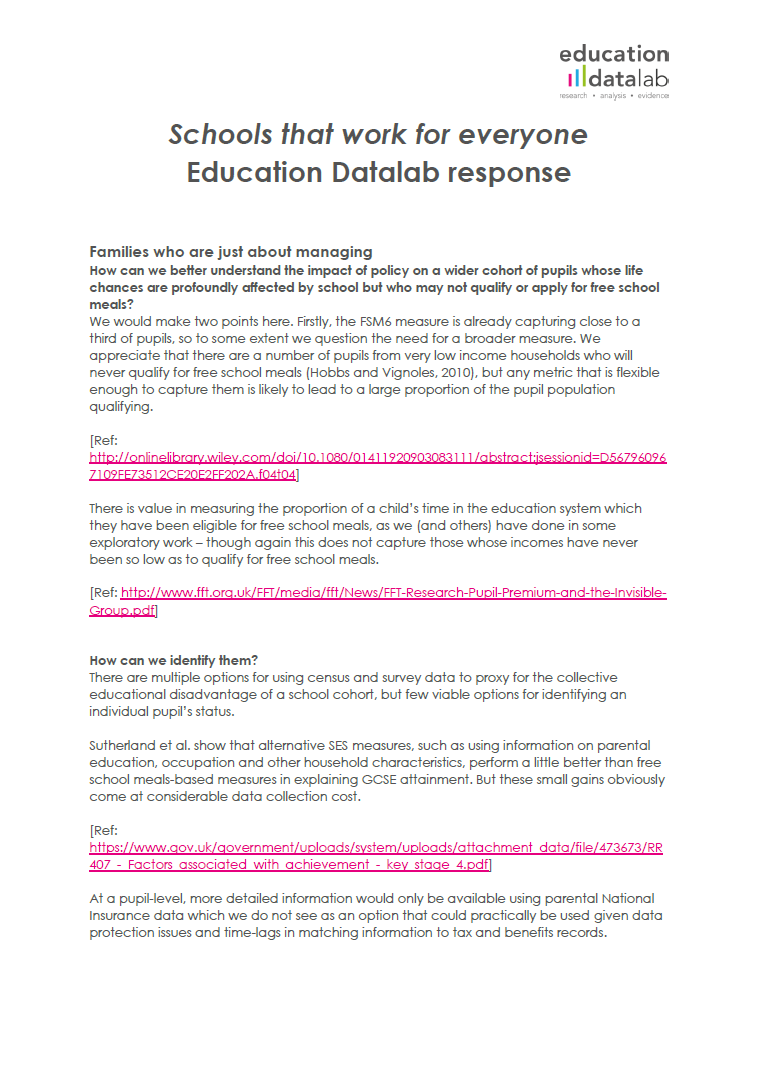Kent 11-plus, part i: An introduction to our work
This is part of a series of posts from Datalab on how the 11-plus works in practice in Kent. Find the other posts in the series here. Welcome to the first in a series of blogposts from Education Datalab on the experience of those who sit the 11-plus in Kent – determining who does, and [...]




